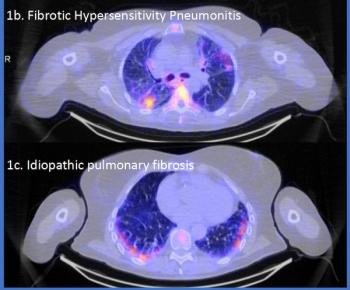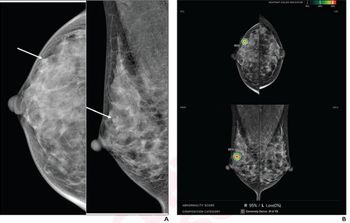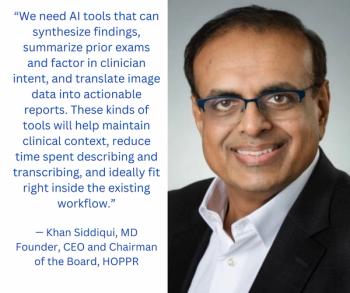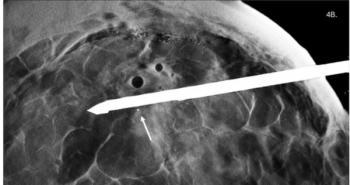
GE Healthcare AI Suite Pinpoints Chest X-ray Abnormalities
New artificial intelligence system can detect eight abnormalities, potentially facilitating radiology reporting, diagnosis, and treatment.
GE Healthcare, in partnership with South Korean medical artificial intelligence (AI)company Lunit, has released its Thoracic Care Suite, an AI suite designed to ease the workload associated with COVID-19.
This eight-algorithm AI suite is designed to quickly analyze chest X-ray findings and flags any abnormalities, such as pneumonia, for further radiologist review. The suite can also pinpoint tuberculosis, lung nodules, atelectasis, calcification, cardiomegaly, fibrosis, mediastinal widening, and pleural effusion detection.
“The launch of our Thoracic Care Suite is part of GE Healthcare’s larger effort to help ensure clinicians and partners on the front lines have the equipment they need to quickly diagnose and effectively treat COVID-19 patients,” said Kieran Murphy, GE Healthcare president and chief executive officer, in a statement. “The pandemic has proven that data, analytics, AI, and connectivity will only become more central to delivering care...This new offering is the latest example of how X-ray and AI can uphold the highest standard of patient care amidst the most modern of disease threats.”
With the number of COVID-19 cases topping 8 million worldwide, radiologists could benefit from an AI tool that can automatically analyze images for characteristics typical of COVID-19 infection, Murphy said. The Thoracic Suite inserts an abnormality score into a flagged radiology report, as well as an image overlay, and a written location description that can potentially facilitate diagnosis and treatment.
In particular, according to company information, the Thoracic Suite can identify high-risk cases and monitor patients who are beginning to show either progression or regression of mild respiratory symptoms. Company data indicates the suite has a 97 percent-to-99 percent accuracy rate, and one study indicated it could reduce reading time per scan by 34 percent.
Based on the company statement, the suite is available for GE Healthcare’s global fixed, mobile, and R&F X-ray customers at the point of sale without any annual fees. In addition, installation does not require customers to engage with any enterprise information technology projects, potentially lowering the barrier for adopting AI.
Newsletter
Stay at the forefront of radiology with the Diagnostic Imaging newsletter, delivering the latest news, clinical insights, and imaging advancements for today’s radiologists.














